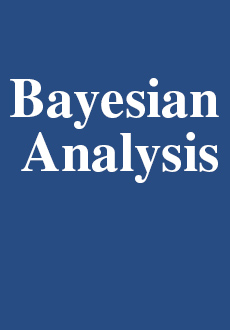Abstract
Emulation has been successfully applied across a wide variety of scientific disciplines for efficiently analysing computationally intensive models. We develop known boundary emulation strategies which utilise the fact that, for many computer models, there exist hyperplanes in the input parameter space for which the model output can be evaluated far more efficiently, whether this be analytically or just significantly faster using a more efficient and simpler numerical solver. The information contained on these known hyperplanes, or boundaries, can be incorporated into the emulation process via analytical update, thus involving no additional computational cost. In this article, we show that such analytical updates are available for multiple boundaries of various dimensions. We subsequently demonstrate which configurations of boundaries such analytical updates are available for, in particular by presenting a set of conditions that such a set of boundaries must satisfy. We demonstrate the powerful computational advantages of the known boundary emulation techniques developed on both an illustrative low-dimensional simulated example and a scientifically relevant and high-dimensional systems biology model of hormonal crosstalk in the roots of an Arabidopsis plant.
Citation
Samuel E. Jackson. Ian Vernon. "Efficient Emulation of Computer Models Utilising Multiple Known Boundaries of Differing Dimension." Bayesian Anal. 18 (1) 165 - 191, March 2023. https://doi.org/10.1214/22-BA1304
Information





